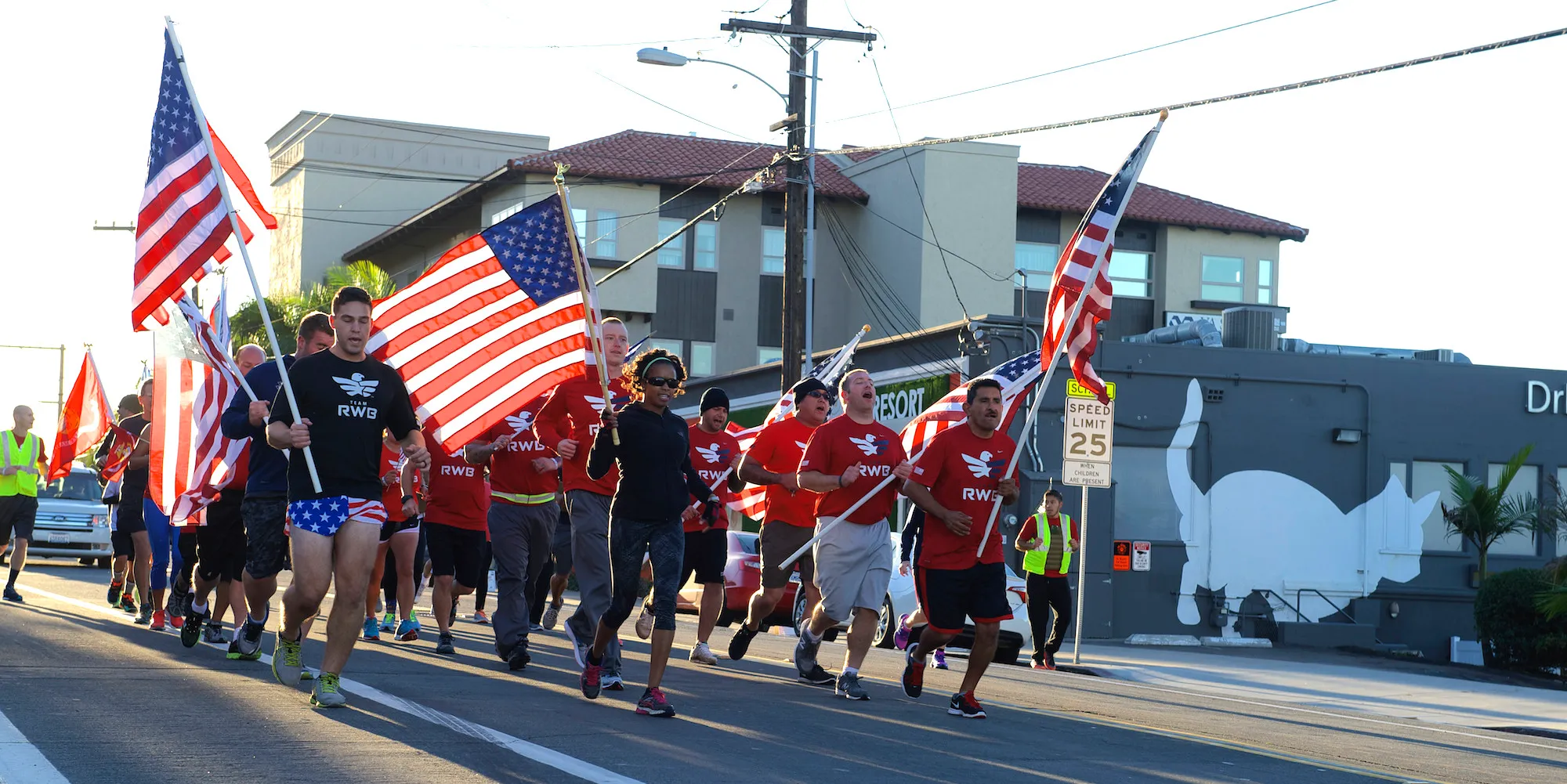


Editor’s Note: This is an opinion column. The thoughts expressed are those of the author.
On Veterans Day, we honor the service of our nation’s military veterans. About 7% of Americans — roughly 18 million people — have served in the U.S. armed forces. Yet veterans are shockingly underrepresented in America’s newsrooms. Only 2% of journalists are veterans, according to the U.S. Census Bureau.
Veterans represent a cross-section of the country, bringing unique experiences, perspectives, and technical expertise that are valuable for our nation’s newsrooms and ultimately media consumers. Their voices are critical for our democracy.
Today, Military Veterans in Journalism (MVJ) is announcing $250,000 in new support from the John S. and James L. Knight Foundation to advance our work to place more vets in newsrooms. MVJ is a professional association that builds community for vets, supports their career growth, and advocates for diversifying newsrooms through hiring and promoting more vets.
We’ll use Knight’s investment to hire two new staff members and offer four paid, six-month fellowships for military veterans in local or national newsrooms. In addition, Knight’s support will allow us to hold a series of career guidance webinars for those who served, connect veterans directly with newsrooms, and create a program focused on developing veterans’ radio production skills.
As I transitioned out of the military in 2006, I struggled to find a job in journalism, despite working in the U.S. Navy as a photojournalist, building a portfolio, and earning a bachelor’s degree in journalism in my off-duty hours. I applied for dozens and dozens of media jobs across the country, but I got no response. I was deeply discouraged by this and still today feel like I failed.

Could I have done a better job on my resume? Could my portfolio have been stronger? Surely. At the same time, the media industry itself doesn’t place enough value on how diverse candidates can contribute to their newsrooms.
But this isn’t a sob story — ultimately, I worked as foreign correspondent as a freelancer in places like Syria, Afghanistan and Crimea. And most recently, I reported for The New York Times, the Associated Press and other outlets throughout sub-Saharan Africa while based in Bangui in the Central African Republic. I’m incredibly proud of my work.
What I didn’t have during my transition was a professional network or a mentor to guide me. I also didn’t find any newsrooms seeking to diversify their newsrooms by creating opportunities for veteran voices and perspectives.
That’s why I founded MVJ — to help connect vets with important opportunities. Since launching the organization, I’ve spoken to many newsrooms about potential partnerships. During one conversation, a senior leader at a large national newsroom struggled to name more than two veterans on staff. But this same person said they’ve long wanted more vets in the media.
The support for veterans must be translated into action.

Media leaders must actively hire more veterans and create opportunities for early-career hires, as part of a broader effort to diversify their newsrooms. Philanthropic organizations must work with organizations like MVJ to enable such opportunities as well.
Knight Foundation’s investment will help MVJ provide a range of opportunities for the veteran community. We owe it to those who put on the uniform of America to provide them with opportunities to strengthen democracy at home after they fought for it abroad. This investment is a great start, but we know we have much work ahead of us — and we are eager to find additional partners to ensure veterans’ voices are heard.
